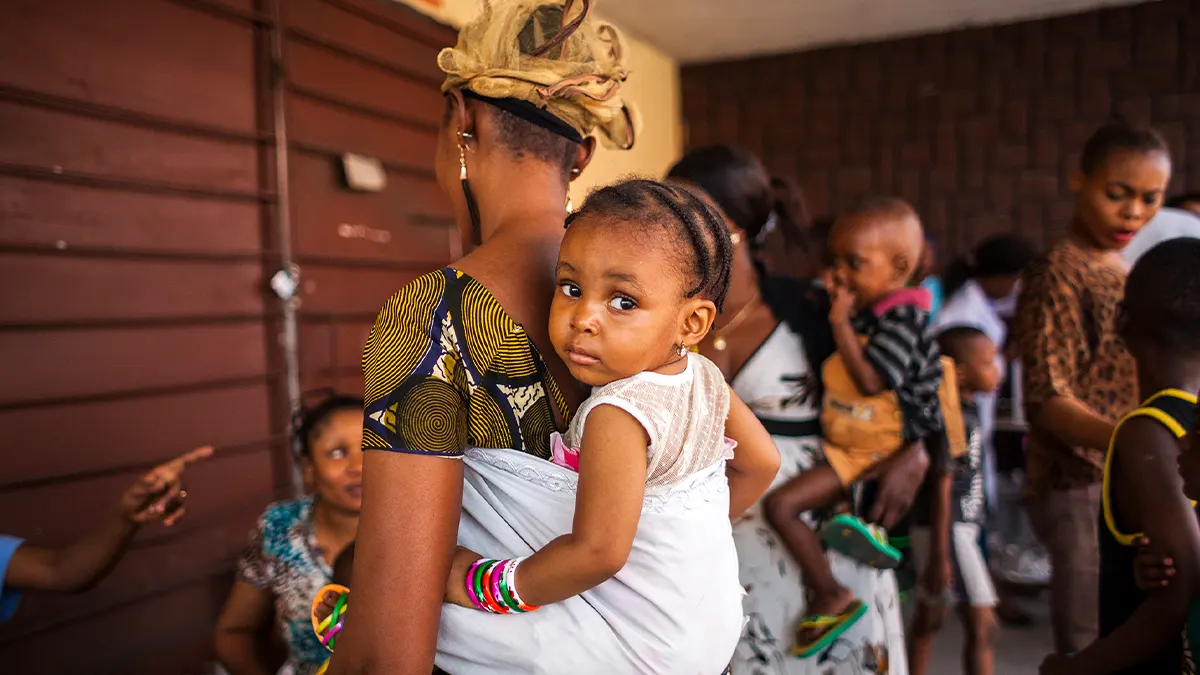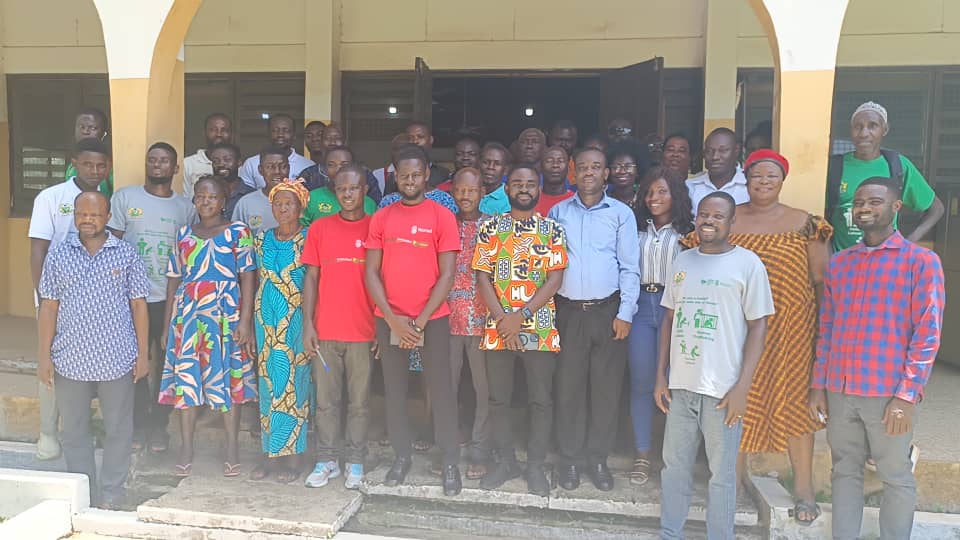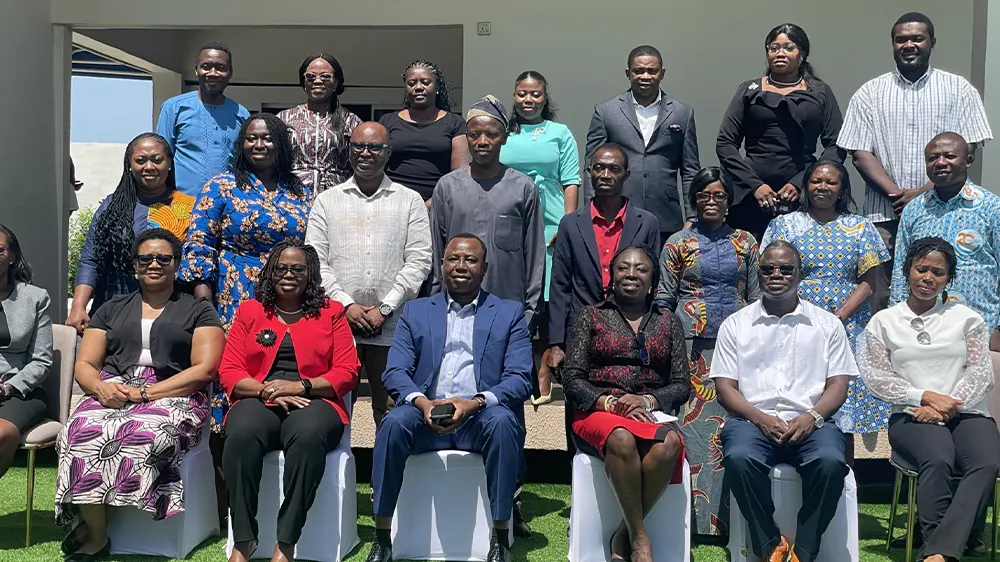The Commission on Human Rights and Administrative Justice (CHRAJ) has issued a call to action, urging the government and relevant stakeholders to take decisive steps to eliminate stigma and discrimination against women, girls, and key populations. This call comes as part of efforts to commemorate this year's UN Zero Discrimination Day, with a focus on protecting everyone's health and rights.
In a statement signed by its Commissioner, Mr Joseph Whittal, CHRAJ emphasized the importance of ensuring equality and fairness for all, particularly vulnerable groups such as women, girls, and key populations. Discriminatory practices, policies, and laws have contributed to the inaccessibility of critical health and social services, resulting in poor public health outcomes, especially for those in vulnerable or underserved communities.
Statistics reveal that Ghana has 354,927 persons living with HIV/AIDS, with an estimated 16,574 new HIV infections in 2022. Alarmingly, females accounted for two-thirds of these new infections. While the Ghana AIDS Commission and the National AIDS Control Programme have implemented various initiatives to prevent new infections and improve access to treatment, the country fell short of achieving the UNAIDS 90-90-90 treatment targets by the end of 2020.
Despite existing laws and policies aimed at protecting against stigma and discrimination, issues persist, particularly against women, girls, and key populations. The recent health screening exercise conducted by CHRAJ in alleged “witch camps” revealed multiple levels of stigma and discrimination faced by vulnerable women, hindering their access to essential healthcare services.
Access to healthcare facilities and testing centres remains a challenge, especially in rural and remote areas, due to long distances and limited infrastructure. CHRAJ acknowledged Ghana's commitment to the Global Partnership for Action to eliminate stigma and discrimination but highlighted the urgent need for collaborative measures to combat these issues through awareness campaigns and community sensitization programs.
CHRAJ called on the government to operationalize the ‘Anti-Witchcraft' Bill passed by Parliament in July 2023, aiming to protect women alleged as witches from stigma and discrimination. It also urged stakeholders to design and implement measures to combat stigma and discrimination effectively.
Addressing stigma and discrimination is crucial for improving Ghana's HIV service utilization and outcomes, particularly as the country works towards achieving the UNAIDS Project 95-95-95 goal of ending the epidemic by 2030. CHRAJ emphasized the importance of collective action in creating a society where everyone's health and rights are protected and upheld.









